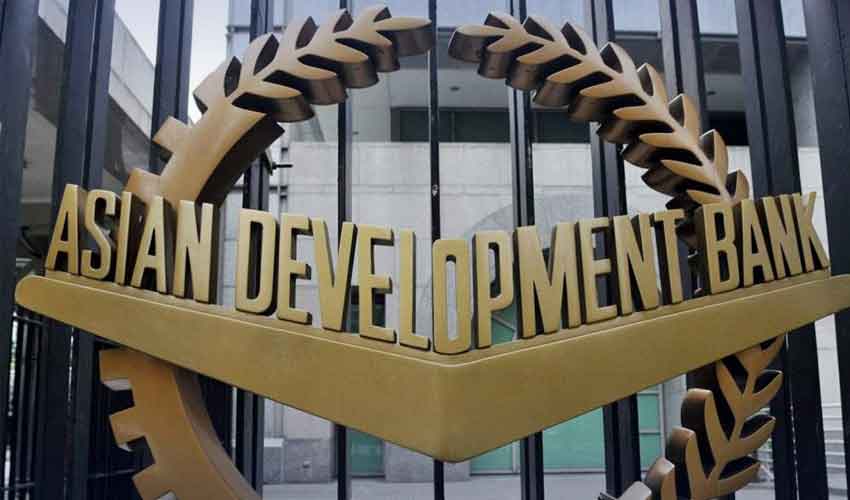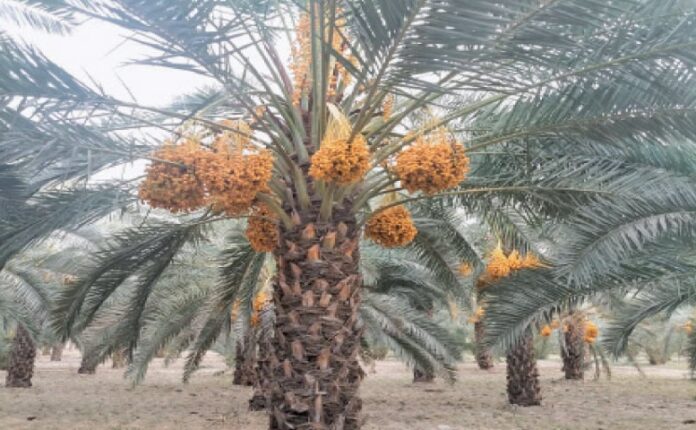The Asian Development Bank (ADB) has identified remittances as a vital potential pillar of Pakistan’s economy and has highlighted their significant role in strengthening the country’s financial stability, especially during economic crises. According to a recent ADB blog report, remittances to Pakistan have become a vital component of the national economy, accounting for 10% of the country’s GDP.
The report said that during the COVID-19 pandemic, remittances to Pakistan increased by 19.8% to reach a record $31.1 billion. This increase underscored the importance of remittances as a key source of foreign exchange and a tool for poverty reduction. ADB emphasized the need for Pakistan to offer overseas Pakistanis more incentives to increase the flow of remittances.
By aligning fiscal and economic policies, the country could further use these funds to address economic problems, reduce the current account deficit, and support key sectors such as infrastructure, health, and education. The report also suggests that with appropriate policy measures, remittances could be transformed into productive investments that drive economic growth and increase the overall productivity of the economy.
Remittances are not only seen as a safety net during crises, but also as a potential driver of sustainable development. She further said that Pakistan continues to face foreign balance of payments problems and therefore remittances can help reduce the current account deficit. In addition, ADB highlighted that Pakistan has historically benefited from global crises such as those of the 1990s and 2007-2008 through increased remittance inflows.
The Bank concluded that remittances play a vital role in maintaining social security and supporting household spending, making them an indispensable part of a country’s economic strategy. In light of these findings, ADB recommends that Pakistan focus on creating an enabling environment for overseas Pakistanis to send remittances home, which could significantly contribute to long-term economic stability and growth.







